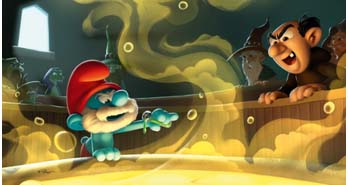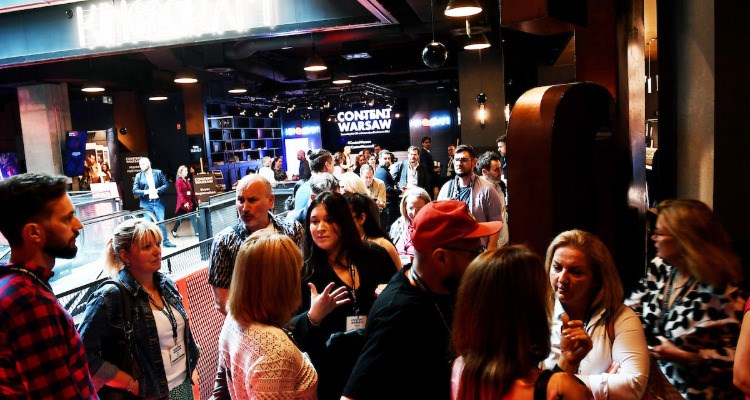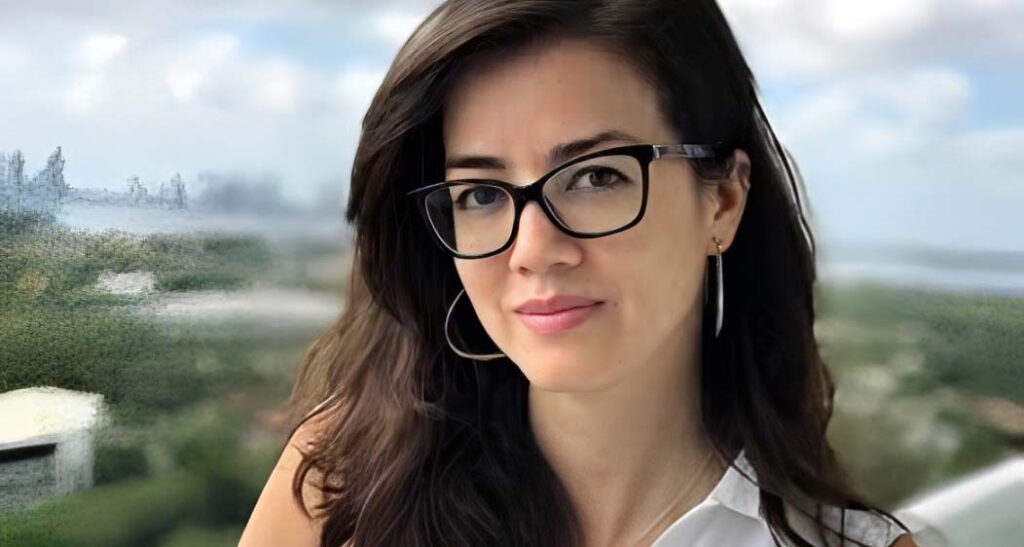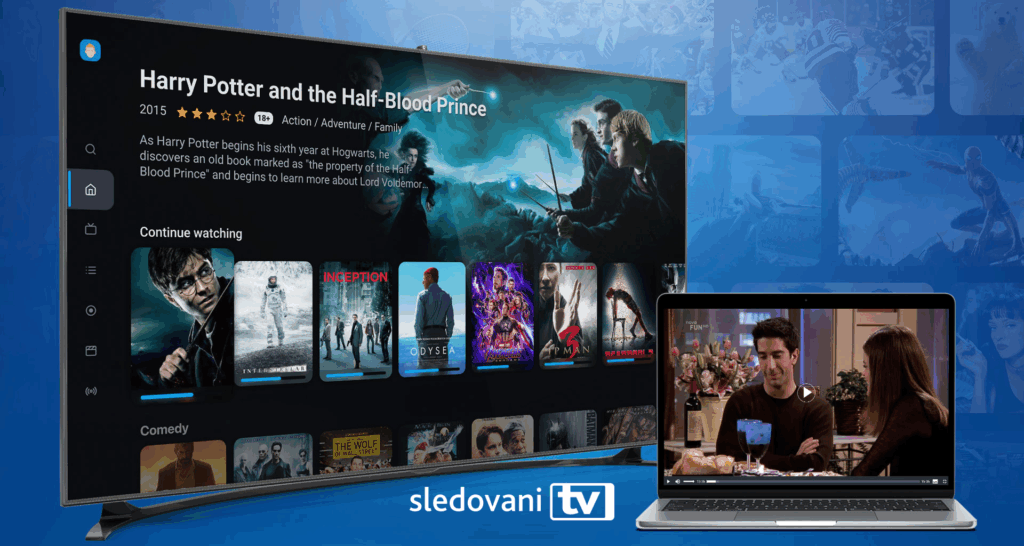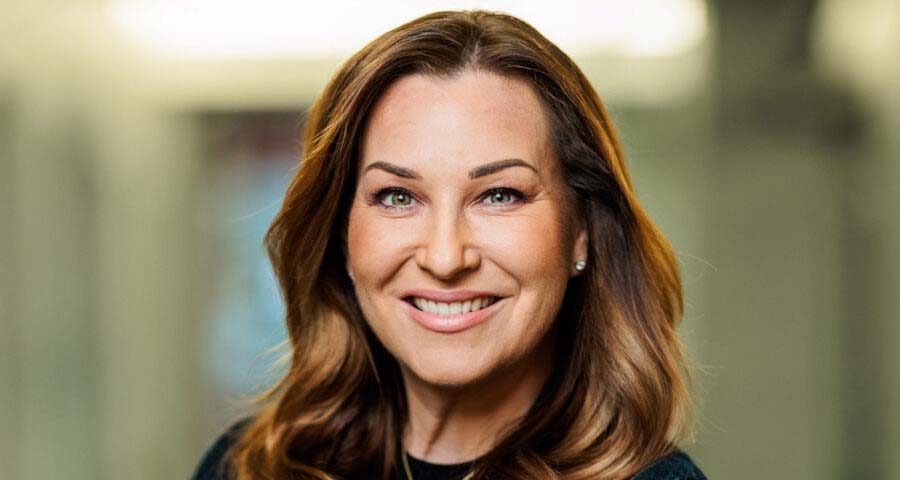Content Warsaw wrapped up today following a week of screenings, discussions, and networking in the Polish capital. The event brought together executives from major players including Netflix, Disney, Paramount, Sony, Warner Bros. Discovery, SkyShowtime, CME, and Czech TV, among others, to discuss the current state of the CEE television market.
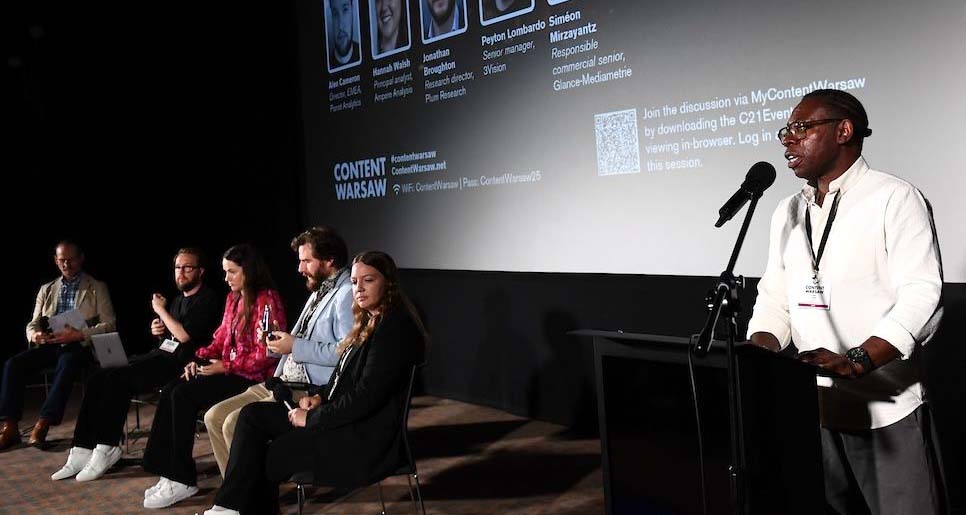
Political developments in Poland, including the recent presidential election, were a backdrop to conversations. While some executives expressed disappointment with the election outcome, there was a view that the presidential role may have limited direct influence over TV ecosystem policies, with primary decision-making residing with the Prime Minister’s administration. However, concerns were noted regarding the potential impact of a president allied with figures threatening tariffs on international content.
A key theme emerging from the event was the increasing ambition of CEE producers to create content for global audiences, moving beyond solely domestic markets. This ambition is driving a growing need for broadcasters to collaborate and co-produce more, aiming to achieve a scale comparable to global streamers. While co-production has long existed in Eastern Europe on an ad hoc basis, there is a recognized need for more formalized co-production alliances, similar to those seen in Western Europe and the Nordics. This call is becoming more pronounced as production costs rise and budgets face pressure. Cultural and linguistic differences have traditionally posed challenges, but the industry is seeking stories that can bridge these gaps, with early signs of such alliances forming among public broadcasters in the Baltics.
Data presented at Content Warsaw, including insights from Ampere Analysis, indicated sustained growth in content investment across the CEE region. Despite declining content spend from North American players (a 1% drop in the last year), the CEE region shows a 3.8% year-on-year growth. Content investment in the region is projected to reach $5.6 billion this year, significantly up from $2.5 billion in 2016. Poland is forecast to account for a quarter of all CEE content spend in 2025, representing the largest share in the region. This growth is primarily attributed to local players like CME, Poland’s public broadcaster TVP, TVN, and Polsat, rather than solely global streamers.
Warner Bros. Discovery‘s Dorota Eberhardt, the content chief, discussed the company’s strategy, noting a $50 million budget for original commissioning. She highlighted recent hits like Eastern Gate and The Decent Man, the latter being positioned as their version of Adolescence, indicating an ambition for global hits. This reflects a more ambitious commissioning strategy than in previous years.
Netflix‘s content licensing and acquisition strategy was also a key discussion point, with high attendance for the session featuring Lukasz Klushkevich, director of film and content acquisitions in CEE. While platform’s TV content commissioning is concentrated in Poland, they acquire TV and film content from across the region for subscribers in smaller nations. Klushkevich stated that Netflix is flexible in its deals, not always demanding full IP ownership or first window exclusivity, and explores models like day-of-broadcast deals with local broadcasters. He claimed they are accessible to smaller producers and national film archives, a point that received mixed reactions from the audience.

